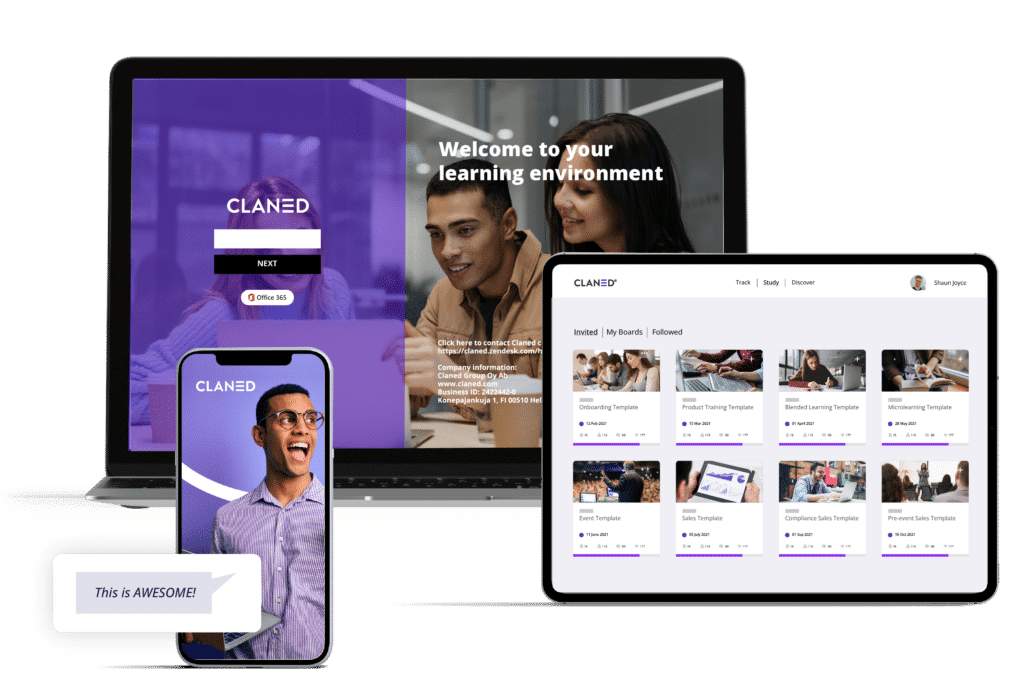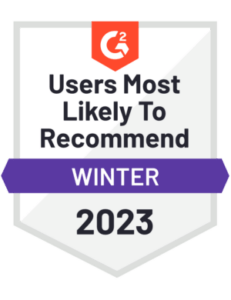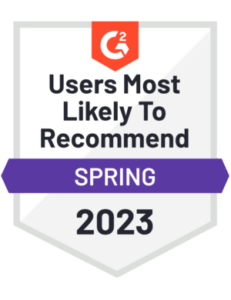Imagine this. It is a beautiful Spring day, birds are chirping, and the sun is shining. You are a school administrator sitting in your office and going through your daily files to make sure that everything will run smoothly for the rest of the semester. Then one day you start to hear whispers of a looming crisis that might up-end all your plans and make normal life a thing of the past. In fact, the crisis has already disrupted the lives of hundreds of millions of people around the world, and it’s only a matter of time before it will make your daily life a whole lot different. How do you react? You must do something, right?
Well, it is not hard to imagine this scenario since everyone’s lives have been affected by the COVID-19 pandemic. Schools are no exception. Conducting in-person education has become impossible in many countries. One commonly adopted way of coping has been to move classes online. To do that, educational institutions have had to train their teachers and faculty to work in a completely new manner to get the advantages of online learning. Some schools have had more experience in distance teaching, some a little less, but the efficacy of how the classes have been implemented worldwide has been varied to say the least.
Two countries, one solution
In our story, two schools in two different countries went through this scenario although their needs were not exactly the same. CAPYEI, a Kenyan NGO dedicated to teaching job entry level skills to out-of-school youth, and Xamk, a university of applied sciences in Finland, both had at least some experience in organizing online classes before it became a necessity.
CAPYEI had started collaborating with Claned in 2019. To get the advantages of online learning, they wanted to transfer a couple of their entrepreneurship courses from physical classrooms to online classrooms. With Claned’s learning design services and CAPYEI’s course materials, the first courses were soon built and went live.
At the same time, Xamk were already swimming much deeper in the pool of online education. They had identified a couple of potential future problems (and opportunities) that made digital classes an appealing path to explore. They, too, had partnered up with Claned to turn their ideas into reality.
Whether it was a little or a lot, the experience of both schools would be beneficial in overcoming the challenges imposed by the soon-to-hit pandemic. You see, instead of having to start everything from square one, their wheels were already in motion.
How to reach learners around the world
There were two main reasons why Xamk wanted to provide more digital learning. First of all, they understood that there is an ever-growing need in the world for quality education. According to their Rector Heikki Saastamoinen, they see a demand for education all over the world, but especially in Asia and Africa, where the population is growing and prospering faster than the local education supply is increasing. This creates a business opportunity for Xamk’s operations.
Another prominent reason for exporting education was the worry of losing their own students in the future. Xamk is in Southeast Finland, and young people especially are likely to move to big cities in other areas inside the country in increasing numbers.
The role of international students was becoming an increasingly important part of Xamk’s future strategy. Then COVID-19 hit, which meant that it became much more difficult for exchange students to come to study at Xamk in the traditional way. The same applied to all kinds of visits and international collaborations.
The need to use the advantages of online learning grew ever greater. Luckily, Xamk had already been working on a solution in the form Micro Courses, short online lessons, that would be available for purchase to anyone around the world. They had the resources to produce the courses themselves, but they still needed a platform where the learners could complete their courses.
To achieve this, Xamk partnered up with Claned. One of the biggest upsides of Claned is that it works with any existing systems that an organization might have. This meant that Xamk could use the materials and tools they already had. Therefore, teaching with Claned allowed them to continue to create and offer Micro Courses without unnecessary speedbumps.
Moving everything online
We are more than happy. These last weeks that we’ve dept into Claned features and worked with the team in the design of our learning path have been mind-blowing. Now our approach to the design of learning experience is more social and more collaborative. That is going to have a huge positive impact on how the Explorers achieve their goals.
In Kenya, CAPYEI had initially been interested in transferring only a couple of their existing entrepreneurship courses online. This meant that all the same course materials would be available online on the Claned platform, along with short video lessons.
To make the transition work out smoothly, Claned provided CAPYEI with learning design services. This included an introduction to the new platform, familiarising its best practices and assisting in the creation of their first online courses.
Everything went fine and CAPYEI initiated their first digital classes. Then came 2020, and the COVID-19 pandemic started looming in the distance. Before you knew it, arranging in-person teaching became impossible in Kenya, and CAPYEI suddenly had over 1,700 students who wouldn’t be able to attend their regular education. Classes needed to be taken online and fast.
Claned and CAPYEI started a “speed lane” project, where the goal was to create dozens of online courses in a brief period of time to allow learning to continue without interruptions.
The key to success in this project was to make course creation scalable. We used the existing teaching materials to create a universal course template, a blank canvas, where any teacher could add their course materials. This way course creation was made simple, so that it would require as little technical knowledge as possible, and new courses could go live without overburdening the teachers.
In the end, with Claned’s experience and CAPYEI’s dedicated effort, we were able to launch 68 online courses and to ensure that students could continue learning essential vocational skills uninterrupted.
How well did it go?
In both cases, in Kenya and in Finland, education was moved online and proceeded uninterrupted. The next question was, how well did the online courses work and what were the advantages of online learning?
Patience Abigael, a student from CAPYEI, was enrolled on one of the courses affected by COVID-19. She recalls her experiences, “So, in the middle of our training, the COVID-19 pandemic struck, and we had to stop our physical learning. The organization decided to introduce an e-learning platform, which was the Claned app, where we were able to access our remaining topics and do assessments which helped us realize where we have weaknesses and where our strengths lie.”
Wilfried Mogeni, a former CAPYEI student, thinks the online learning platform allowed for straight-forward learning, “Through the assessment tests we could complete, the teachers could directly get back to us, and you could instantly know your grades, your performance, and you were able to focus much more on your next revisions.”
Besides individual experiences, CAPYEI wanted to get a clear understanding of how well the switch from in-person teaching to online classrooms had succeeded. To do this, we used the data that our online learning platform collects from every interaction that happens on it.
The results were overwhelmingly positive. First, 97% of students completed their courses. Then we also compared negative and positive experiences on the platform. A whopping 97.1% of all learning experiences were positive. Overall, our data analysis did not indicate negativity towards online learning or learning in general. You could say the project was a success.
Learn more about the project with CAPYEI by peeking at our CAPYEI case study.
Then what about the other school, Xamk from South-Eastern Finland? How did things go with them? Well, their feelings about Claned and online learning can be best summed up by a couple of comments from their faculty.
“Claned is suitable for commercial courses. Our teachers are saying that it’s easy to use. This kind of platform with this kind of content, activating tasks and assessment system is easy for those who are producing courses as well as for the students who complete the courses,” says Tiina Parkkonen, e-learning coordinator at Xamk.
Pekka Pulkkinen, the project manager for Xamk’s Micro Course initiative, wraps things up by saying, “You have very good people working there. You are not only a technical partner. You are more to us.”
If you would like to hear how Claned can help your organization learn better, send us a message with the contact form.







